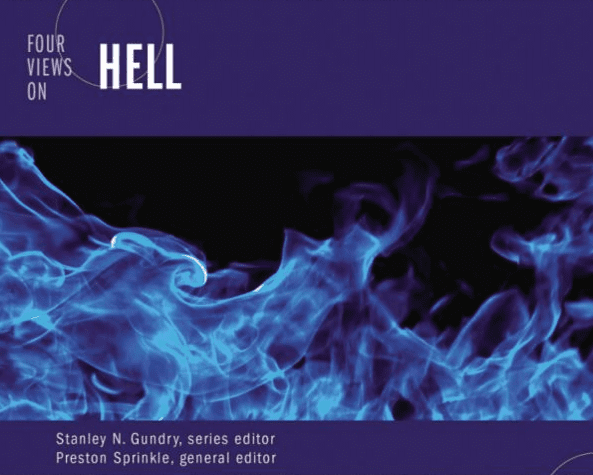I feel a need to complete Sharon Baker’s challenging book, though I think we’ve talked through her topics (Razing Hell: Rethinking Everything You’ve Been Taught About God’s Wrath and Judgment). In the end, Sharon Baker is a universalist as I read her book.
 Humans hear in the now the grace of God in Jesus Christ, and only those in Christ will be eternally saved. But, she’s got a few major points to make:
Humans hear in the now the grace of God in Jesus Christ, and only those in Christ will be eternally saved. But, she’s got a few major points to make:
First, we will be judged — through the loving fire of God that purges — after this life. So, she believes this life matters; she believes we will all face a judgment; she sees redemption only in Christ.
But, second, that judgment of God will purge us of sins and evil — and we will face God yet again in that judgment. So, she believes in a form of “second chance.” I find this to be a major, major dividing line for many theologians today. How long does the grace of God extend? Into the afterlife or not? This second chance theory is a bit of a twist for many evangelicals.
Third, she believes one option would be that some will reject God after the judgment and be annihilated — their sins having been destroyed, they will also be destroyed. But another option is that the door of grace remains open because once a person is purged from sin and evil that person will choose God and life — and her view of a gracious, just, and reconciling God who is intent on reconciliation “doesn’t close the door on grace after closing the door on time” (145). In this discussion it appears to me that Baker is a kind of universalist. “God’s goodness desires all to be saved, and God’s power works to make it happen” (146).
Fourth, she believes the word “eternal” in the Bible — olam in Hebrew and aion in Greek — refers, other than when it is connected with God, to be “of an age.” Thus, “eternal punishment” in Matthew 25:46 refers to the purging punishment of God’s fire at the final judgment, but no longer.
Here’s my question: Do you think annihilation is retributive justice? (Even if annihilation occurs after the purging judgment, the annihilation occurs as a result of final rejection, and it is has eternal/endless consequences.)
I see it as retributive, and the only difference I see here between the traditional view and an annihilationist view is that the retribution is only quasi-eternal. In fact, annihilation is eternal — eternal consequences but not eternal consciousness — but it is not endless punishment in an active, conscious sense.
Another one: Is universalism consistent with the Bible?
On unbelievers after the judgment, she makes statements that I can’t read in any other way than a universalist way:
Unlike believers, they will stand in the fire alone and bear the hell of facing their sin light of the incomprehensible extravagance of divine love. For them, the judgment of love burns, heals, and finally redeems so that, cleansed and purified, these persons can finally receive the forgiveness that was always there for them through Jesus and be reconciled to God if they so choose. So when all is said and done, we will all dwell in the eternal fiery presence of God and be consumed by God’s love. At one, at last.















